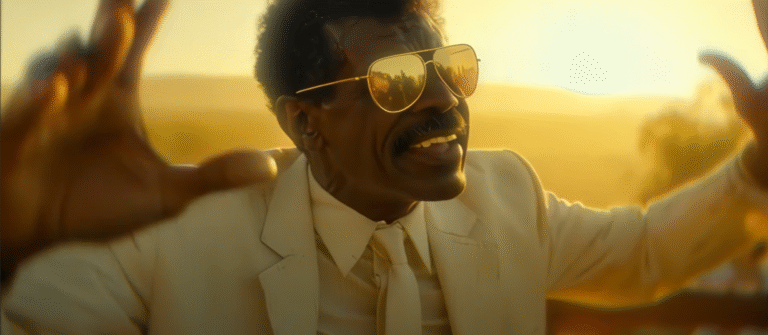Rewriting our relationship with contamination
Plastic is no longer just around us, it’s within us. Instead of resisting, what if we evolved with it? By engineering microbiomes that break down and neutralize plastic, we could shift from pollution to adaptation. This article explores how mindset and synthetic biology might reshape our future from the inside out.
“The plastic within“
You breathe it in. You drink it. You pass it on.
Plastic is no longer something “out there” in the oceans or on the streets. It is in your blood, in your stool, and likely in the organs that keep you alive. It doesn’t matter how green your intentions are or how often you refuse a straw. The scale is beyond individual action now.
This is not a guilt trip. It is a moment of clarity. Instead of resisting the presence of plastic in us, maybe we need to start asking a different question. What if we treated plastic not as an intruder, but as part of us?
You were probably expecting an opening like this: “Plastic pollution is one of the greatest environmental challenges of our time. Every year, millions of tons of plastic enter the oceans, harming wildlife, ecosystems, and human health…”
You’ve read that blog post. We’ve all read it. So instead, I started with your body. Because that’s where this story really lives. Plastic is no longer something we simply find in oceans or on beaches. It is in us. That is no longer speculation. It is confirmed through multiple studies, including recent research published in Nature.
This article focused on seabirds that had ingested microplastics. Their gut microbiomes changed significantly. Some bacteria decreased, others appeared in greater numbers. Among the microbes that became more dominant were species known to be potentially harmful. But there was another group that stood out. Certain microbes showed an ability to break down plastic.
That part struck me.
Similar patterns have been found in mammals. When exposed to plastics, their gut flora shifts. Beneficial bacteria seem to decline, while microbes that attach to or grow on plastic become more common. Plastics appear to create small environments of their own. These are called plastispheres. Within them, microbial communities form that are often different from the ones found in the surrounding environment.
Some of these plastisphere organisms carry antibiotic resistance. Others may cause inflammation. But there is another side. Some carry enzymes that can degrade common plastics. These are the types of microbes researchers are starting to pay more attention to.
What this suggests is that plastic is no longer just an environmental issue. It is becoming a biological one, too. If these microbes are part of our internal systems, they might be influencing health, metabolism, or even long-term adaptation.
There is a concept in biology called the hologenome theory. It proposes that evolution is not just about the host organism but also the microbes that live with it. Our genes and our microbiome shape us together. If the microbial world around us is adapting to plastic, and if that world is part of us, then we may already be on a new evolutionary path.
That does not mean we should stop caring about plastic pollution. But it might mean we should rethink how we approach the problem.
Instead of asking how we can remove plastic from every system, we might start asking how to live with its presence in a safer, more functional way. That is not an easy mindset shift. Most messaging around plastic focuses on harm. For good reason. But if we can begin to understand how microbes work with it, we may discover new tools for adaptation.
What would that look like?
We could support the development of a new kind of microbiome. One that includes organisms capable of degrading plastic particles. These microbes would not just neutralize the physical fragments. They might also process harmful additives such as softeners and colorants. In theory, they could convert them into less toxic byproducts that the body can remove or even reuse.
These ideas are still speculative, but not completely abstract. Enzymes that break down plastics like PET have already been identified. Bacteria that thrive on plastic surfaces exist. The pieces are scattered, but they are present.
If we begin to work with those pieces, we might be able to guide a form of evolution that does not take millions of years. Microbial communities can shift in years. They can be passed from person to person, just like other parts of the microbiome.
This could create a kind of generational adaptation. Not through genetics alone, but through microbial inheritance. Children might inherit not just traits from their parents, but also the bacteria that help them deal with the world they are born into.
Of course, this is not simple. There are risks in introducing new microbes. There is uncertainty in how these changes might affect health or ecosystems. Any approach would need strong research, oversight, and ethical review.
But ignoring the possibility also has consequences.
Plastic is not going away soon. And the idea that we can clean it all up without looking inward may no longer be realistic. If we are already living with it, then perhaps part of the solution lies in learning to live with it better.
This is not a call to accept pollution as normal. It is a call to explore new directions. To look at biology not just as a victim of plastic, but as a system that might find new ways to adapt. Maybe even to turn a burden into a process of transformation.
